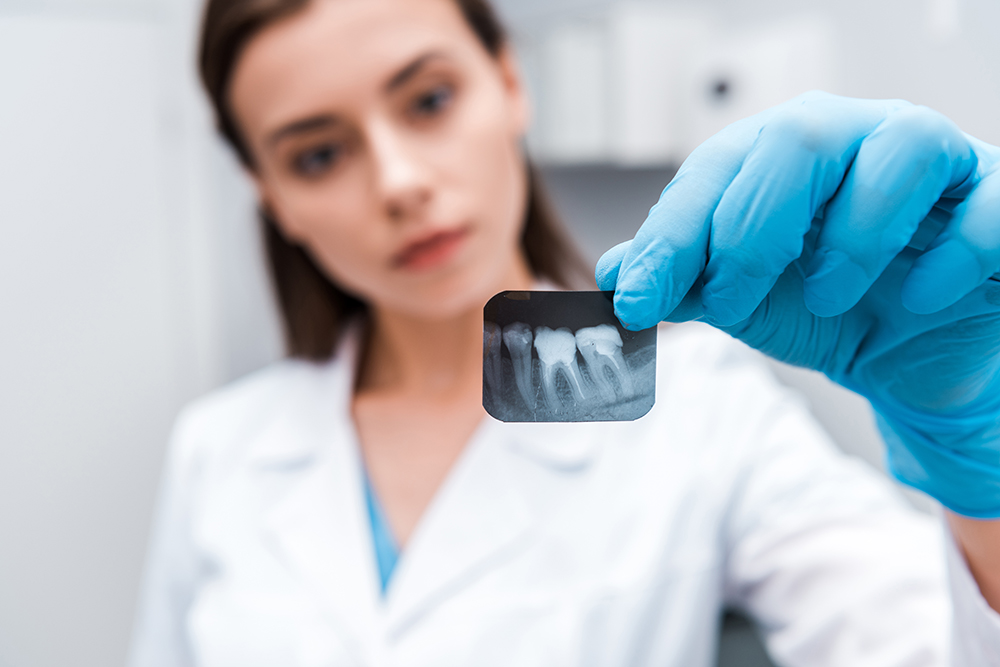Address: 32 Market Street, Nottingham, NG1 6HW | Tel: 0115 947 4244
Pain & Stress-Free Tooth Decay Treatment
32 Market Street, Nottingham 📍
Alternatively, call the practice on 0115 947 4244
STOP Tooth Decay
Before it becomes a bigger problem!
In its early stages, tooth decay is often invisible to the naked eye. Your teeth may look and feel perfectly fine…
…but beneath the surface, bacteria are eroding the enamel, weakening your tooth structure, and setting the stage for bigger problems.
By the time a cavity starts hurting, significant damage has already been done.
That’s why early decay detection is essential.
It allows us to catch and treat cavities before they spread deeper, saving you from pain, costly treatments, and potential tooth loss.
What Happens If Decay Isn’t Treated?

How We Treat Tooth Decay
At Market Street Dental Care, we use advanced technology to detect and treat tooth decay as early as possible, including:
High-Magnification & Lighting
Our dentists use enhanced magnification and lighting to identify decay in its earliest stages before it becomes a bigger problem.
Digital X-Rays & Imaging
Not all decay is visible to the naked eye. X-rays allow us to detect:
Decay forming under the enamel
Hidden infections in the roots of the teeth
Bone loss around the tooth that may indicate advanced decay
By detecting decay before you even notice symptoms, we can help protect your teeth, prevent pain, and avoid more complex procedures in the future.
Frequently Asked Questions
Can tooth decay be reversed?
Early-stage decay (before a cavity forms) can sometimes be stopped or reversed with fluoride treatments, proper brushing, and dietary changes. However, once a cavity has formed, a filling is needed to restore the tooth.
Does decay always cause pain?
No, many cavities don’t hurt at all in the early stages. That’s why regular dental check-ups are so important to catch and treat decay before it causes discomfort.
How often should I get my teeth checked for decay?
The NHS recommends seeing a dentist at least once a year, but some people may need more frequent check-ups depending on their oral health.
What’s the best way to prevent cavities?
Brush twice a day with fluoride toothpaste, floss daily to remove food and plaque, limit sugary foods and drinks, and visit your dentist regularly for early detection.
Protect Your Teeth With Early Decay Detection
32 Market Street, Nottingham 📍
Alternatively, call the practice on 0115 947 4244


© 2026 Market Street Dental Care
CONTACT
32 Market Street, Nottingham, NG1 6HW
0115 947 4244




